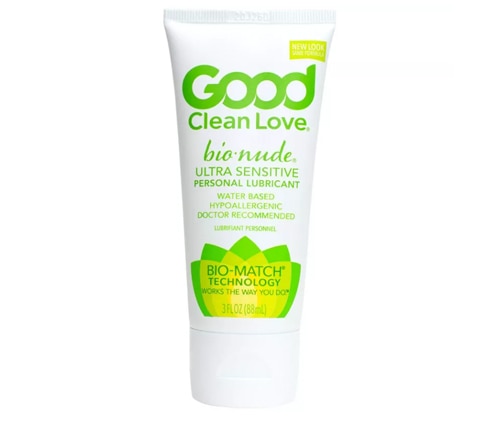The change in life is notorious for big changes: Hot flashes, difficulty sleeping, memory problems, volatile moods, vaginal dryness and weight gain are the heavy hitters.
But many women don’t realize that menopause can also affect their skin. For starters, your skin will show all its sun damage, repair itself more slowly and tend to be on the dry side.
But the forecast is not all doom and gloom. By anticipating your skin care needs, you can still have a radiant glowing complexion—if you are willing to put in the care.
For logistics sake, menopause technically means a woman has already missed her period for one year, as in 12 months in a row. This usually happens between 40 and 58, though it can happen earlier or later. Perimenopause, or the phase when you are pre-menopausal, is when your menstrual periods start to become irregular.
Although menopause brings with it challenges, it also brings many gifts, offering women a chance to recalibrate their lives and take stock of their circumstances. In the midst of the upheaval, on the skin front, at least, it may be helpful to know what you have to reckon with. Here are three ways menopause impacts your skin.
Menopause Skin Changes
Collagen loss
Collagen gives your skin a sense of fullness. For typical adults, collagen accounts for 80 percent of its dry weight. After menopause, your body stops making as much collagen. You lose some fat under your skin and your skin's elasticity drops, which can cause sagging, especially around the neck, jawline and cheeks. As much as 30 percent of collagen is lost in the first five years after menopause, a loss strongly linked to estrogen deficiency.
Dry skin
Most older women report struggling with dry skin being their new normal. Your skin loses some ability to hold water, so skin can get quite dry, particularly in dryer climates. A broad survey of postmenopausal women over the age of 40 years found that roughly one third had dry skin. Reduced hormone levels are the major culprit. As your ovaries age just like the rest of you, they release fewer hormones, throwing off the balance of estrogen, progesterone, and testosterone. The results may not be too noticeable in the first few years of perimenopause, but the drop in hormones like estrogen will definitely make for dryer skin, sometimes to the point of itchiness.
Delayed wound healing
As we age, thinner skin means wounds don’t heal and close as quickly. Additionally, our skin is more susceptible to bruises and tears and recovery time is slower.
How to beat menopause dry skin
Since menopause can be a very tumultuous time for many women, both physically and psychologically, exerting some control over your skin can feel extremely reassuring. Just because you have skin in the game doesn’t mean your complexion has to suffer. The skin of your forties, fifties, and beyond can be vibrant and healthy.
According to the American Academy of Dermatology, the following can help combat dry skin, the most obvious change triggered by menopause:
1. Wash with a mild cleanser instead of soap.
For mature skin, soap can be too drying. The key is choosing a cleanser that's right for drier skin. Creamy cleansers are more hydrating than foam or gel cleansers, which can strip moisture away.
2. Apply moisturizer after bathing and throughout the day when your skin feels dry.
A moisturizer with hyaluronic acid or glycerin can be especially helpful.
3. See your dermatologist if your skin still feels dry.
Exfoliation or microdermabrasion may help, but you want to see your dermatologist before trying one of these. At menopause, skin becomes thinner and trying one of these at home may cause more harm than good. However, a gentle scrub, as long as you don’t overdo it, can be just the trick.




